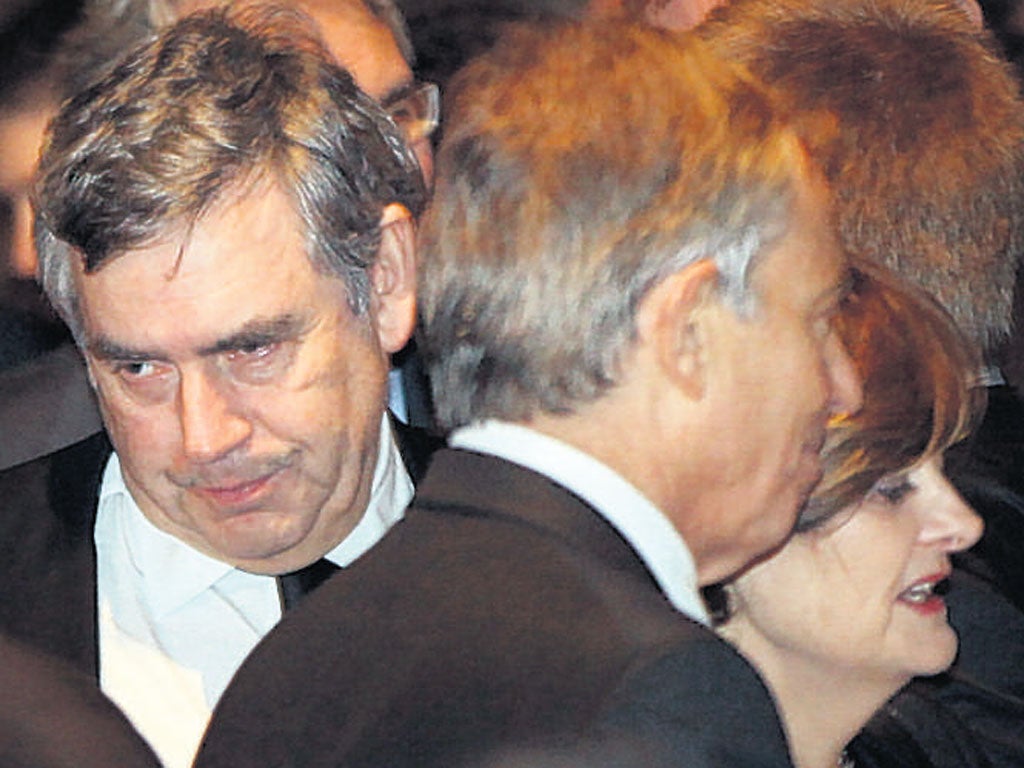In the midst of the psalms, a sense of Philip emerged
Kelner's View


Your support helps us to tell the story
From reproductive rights to climate change to Big Tech, The Independent is on the ground when the story is developing. Whether it's investigating the financials of Elon Musk's pro-Trump PAC or producing our latest documentary, 'The A Word', which shines a light on the American women fighting for reproductive rights, we know how important it is to parse out the facts from the messaging.
At such a critical moment in US history, we need reporters on the ground. Your donation allows us to keep sending journalists to speak to both sides of the story.
The Independent is trusted by Americans across the entire political spectrum. And unlike many other quality news outlets, we choose not to lock Americans out of our reporting and analysis with paywalls. We believe quality journalism should be available to everyone, paid for by those who can afford it.
Your support makes all the difference.It was, as many of us had suspected, something of a tribal affair. The funeral of Philip Gould was an occasion for the New Labour tribe to celebrate a man who was both engineer and guardian of a movement that changed the shape of politics – for good or ill, depending on where you stand – for a generation.
It was a High-Anglican service, full of incense and incantation, but the congregation was interdenominational: all faiths and none were represented, and there were even some Tories. (I noticed both Maurice Saatchi and Daniel Finkelstein who, of course, tick two boxes.)
I had never been to a Requiem Mass before. The vicar (a Mr Moses, believe it or not) had warned us, using the language of the modern business world rather than the King James Bible, that it was "at the top-end of the funeral service market" and that we were in for a long afternoon. But what struck me was that, in the midst of the psalms and the prayers and the Communion, a clear sense of Philip the man emerged.
I was talking later with Danny Cohen, the controller of BBC1, and he suggested that this was something that's missing from funerals in the Jewish faith. "You just get no idea of the person who's died," he said. "Next time I see the Chief Rabbi," he added, "I'm going to ask him why this should be so."
It was, it had to be said, that kind of occasion. There were a lot of well-connected people from politics and the media present, only to be expected, of course, as Philip was a man who was equally well-respected in both.
Both Tony Blair and Gordon Brown read passages from the Bible, both chosen by Philip before his death. In fact, the whole service had been choreographed in precise detail: I've written before about the mixed blessing conferred on those who die a slow death, able to reconcile relationships, say goodbye to friends and family and, of course, determine the exact method of their departure.
The day before he died, he received a letter from Alastair Campbell, his closest political friend. He was too weak to read it himself, so his daughter read it aloud. "Funeral, funeral," said Philip, even then prepared to make last minute changes to the running order. So it was that Mr Campbell, a man who, as the vicar pointed out, "doesn't do God", shared the contents of his letter with the congregation.
The letter was never meant for a wider circulation than one, and how he managed to keep his equilibrium in an atmosphere so sombre, so thick with incense and personal sorrow, is beyond me. But he did, and his words had an extraordinary power, the power to illuminate, the power to move. And, in addressing his old friend, the power to make you understand what loss feels like. "In my life, Philip, you are a bigger force than the death that is about to take you."
Join our commenting forum
Join thought-provoking conversations, follow other Independent readers and see their replies
Comments